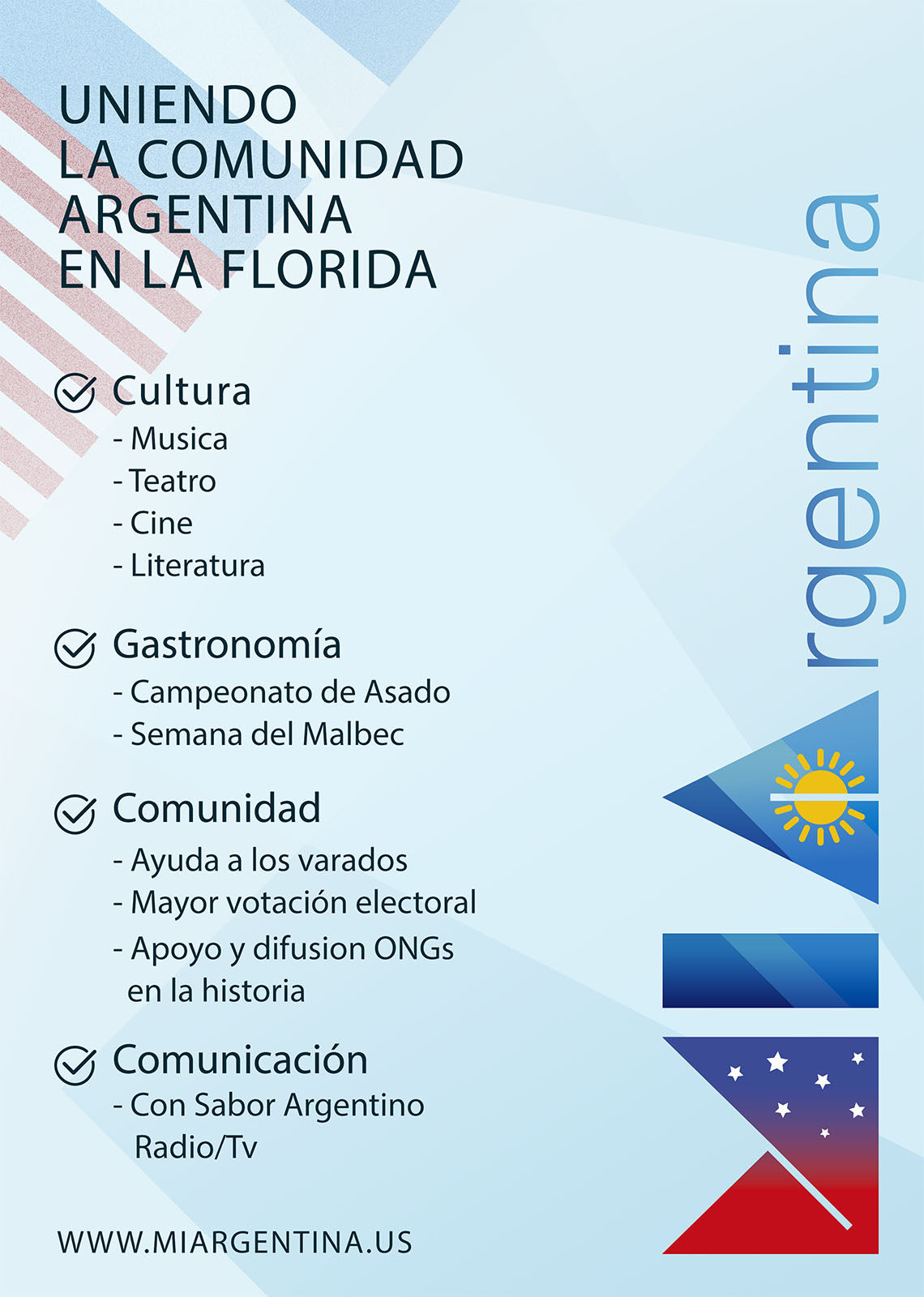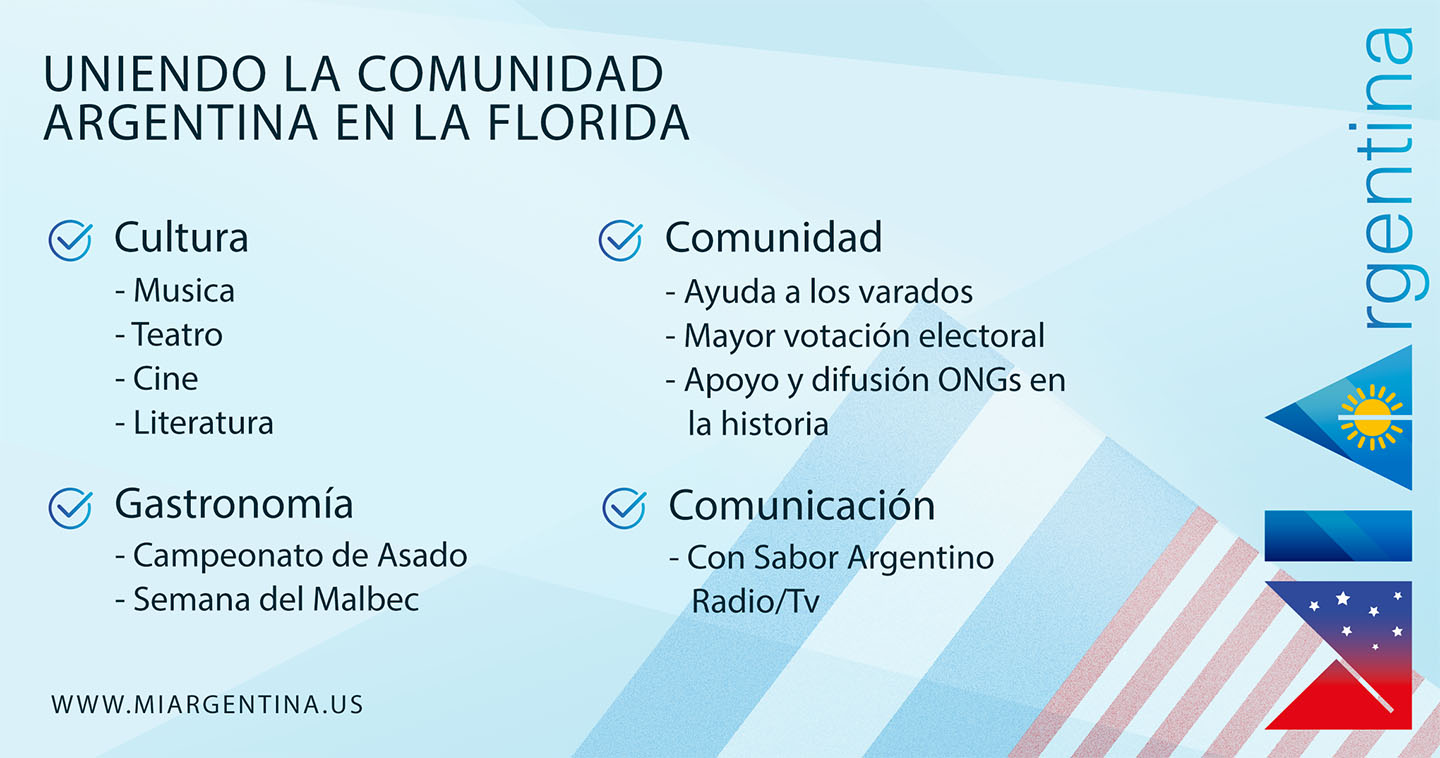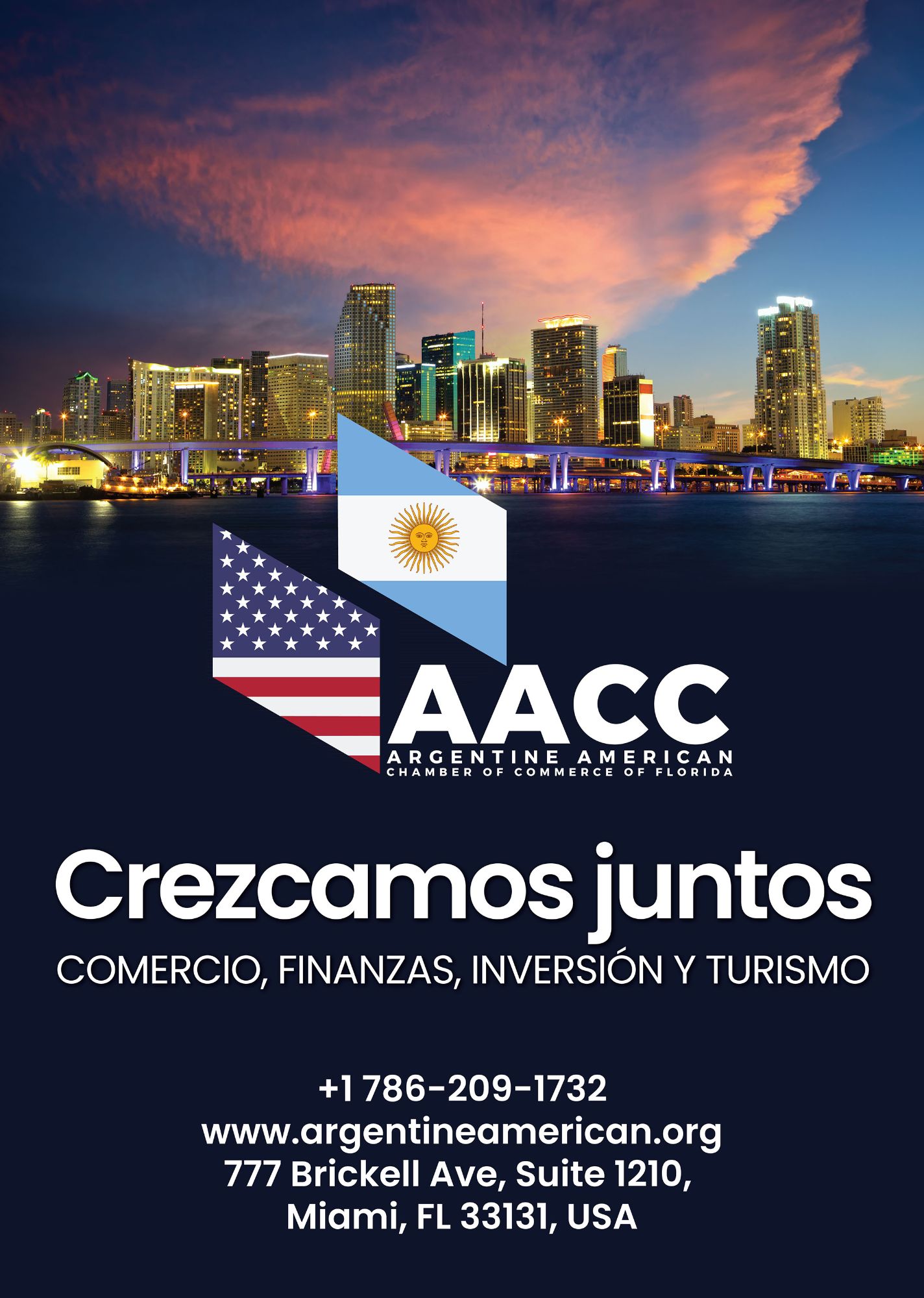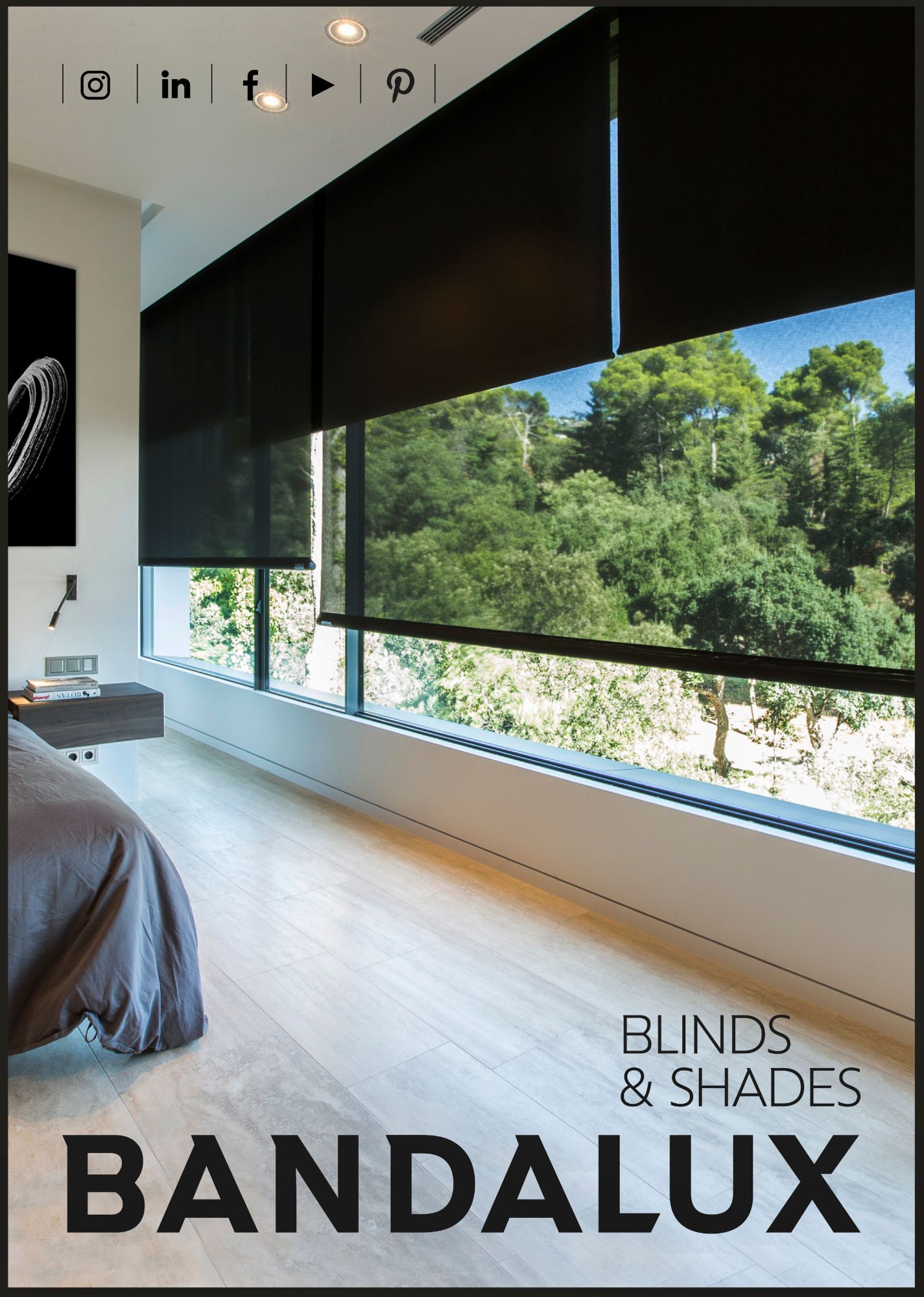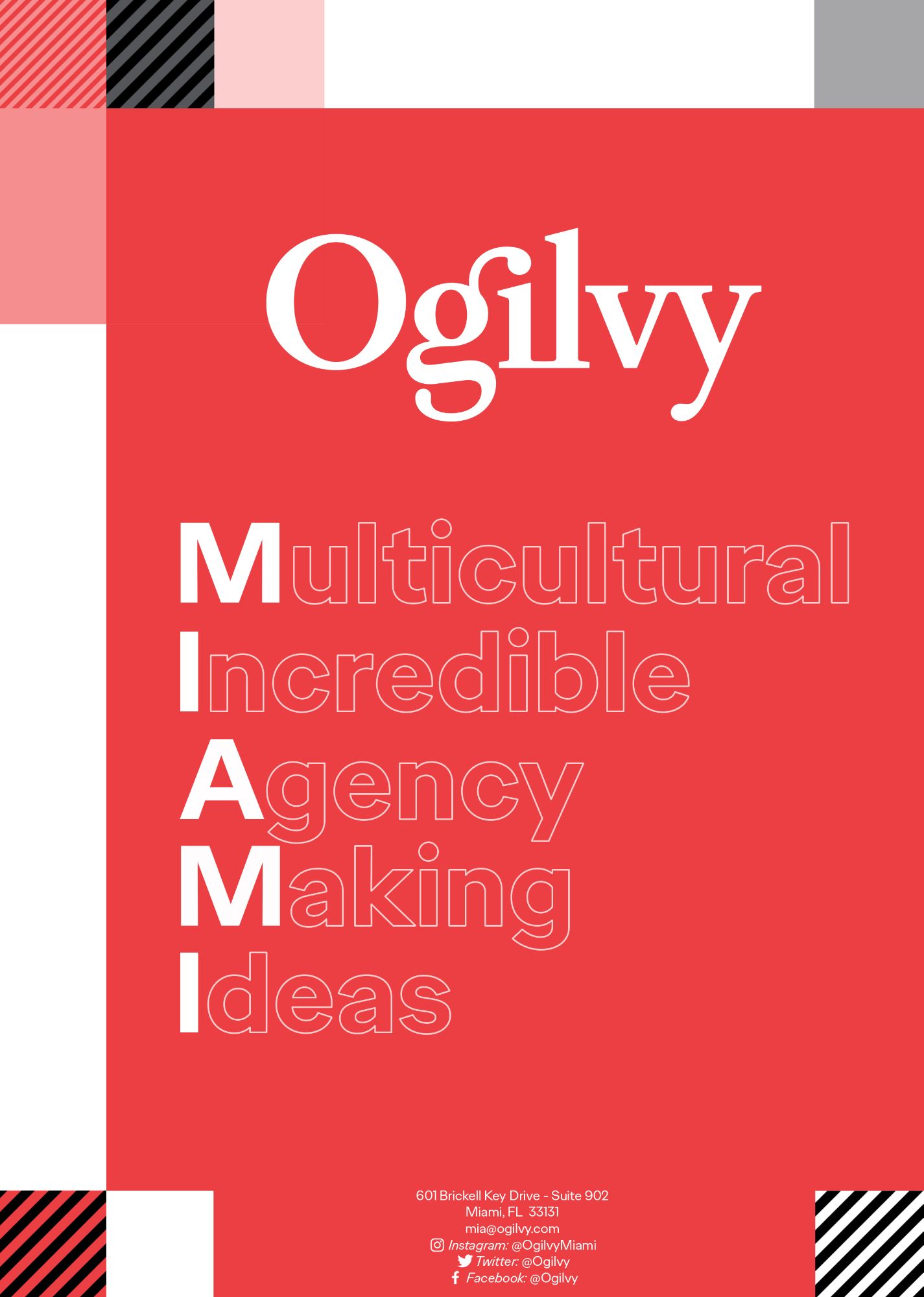Seven hundred and fifty Latin-American healthcare professionals have already participated in the First Virtual Course on Communications and Vaccines, organized by FIDEC and FUNCEI, and sponsored by Seqirus. This free training and continuing education activity was used to open the virtual campus at the website FUNCEI informa sobre vacunas (FUNCEI Informs about Vaccines) in November, 2021. Through a new platform, the Foundations keep providing educational activities.
“We support inclusive, accessible, and permanent education, with remote access and trustworthy sources of scientific information,” emphasized Ana Paula Cordero, science journalist and general coordinator of the virtual course. Registrations are open at any time of the year, but places for each session are limited. As courses are provided in an asynchronous, self-directed way, with no deadlines, professionals can flexibly manage their schedule. During the first few months, there were registrations from Argentina, Bolivia, Brazil, Chile, Colombia, Ecuador, Mexico, Nicaragua, Panama, Paraguay, Peru, Uruguay, and Venezuela. At the end of the course session, participants answered a satisfaction survey, with very promising preliminary results.
Degree of satisfaction with the virtual course
51,9 %
Excellent
29,5 %
High
Some opinions on the most useful or valuable aspects of the activity
The communication tools.
A completely new approach to vaccines.
How to improve our listening and vision skills to teach and educate.
How to counter the influence of antivaccine groups.
Structured in four modules, this course provides essential concepts for public science communications. In addition, the course delves into the reasons and ways in which communications impact the community’s perception of the risks and benefits of vaccines, and of vaccination importance and necessity. It also gives an in-depth description of the effect on this perception of other factors, such as the information overload at a given moment; the spread of incorrect, misleading, or false information; and the actions of antivaccine groups, with case studies. Finally, the course provides effective, science-based practices and strategies to improve communication skills.
Key points on vaccine communications for healthcare teams, shared by Dr. Daniel Stamboulian.
“We use new formats in our materials and methods,” highlighted Cordero, developer of FUNCEI’s website on vaccines. As well as creating the course contents, she handled the graphic design and the production and editing of multimedia material, such as videos and interviews. Each module has mandatory activities and reading material, and a self-assessment exercise. At the end of the session, participants get a certificate and can download a brief guide with tips and practical resources, for free.
This course is part of the activities carried out by FIDEC and FUNCEI’s Vaccine Workgroup, made up of Cordero, Daniel Stamboulian (science director), Roxana Stamboulian (CEO), Hebe Vázquez (science coordinator), and Mercedes Deluca, Pablo Elmassian and Cecilia Torroija (medical collaborators). Module 1 includes the special participation of Brenda Walter, senior project coordinator at Fundación Bunge y Born, developer of the Vaccine Confidence and Access Index (ICAV). Module 3 includes contributions by Cintia Refojo, head of Science Education at the Scientific Culture and Innovation Department at Fundación Española para la Ciencia y la Tecnología (FECYT).
